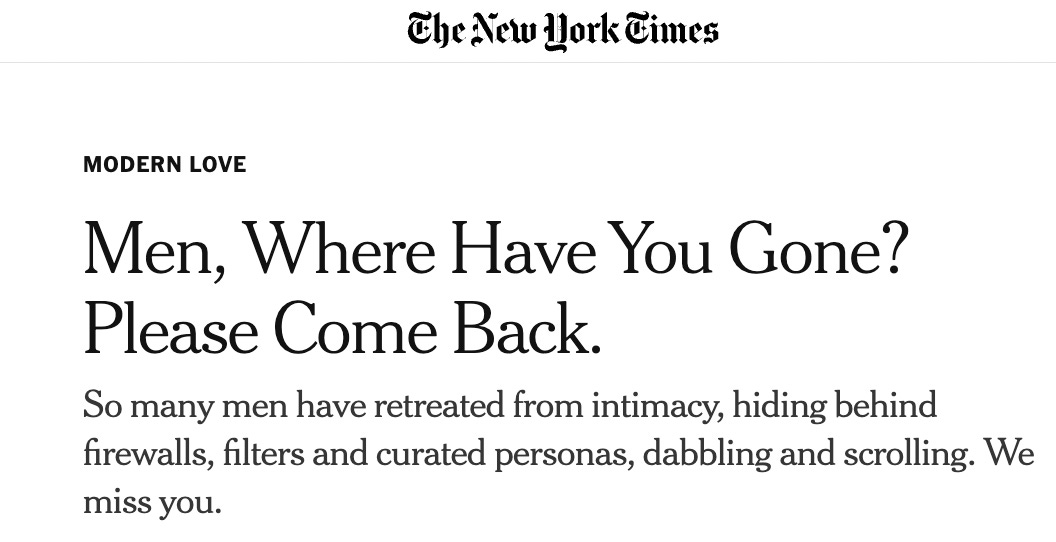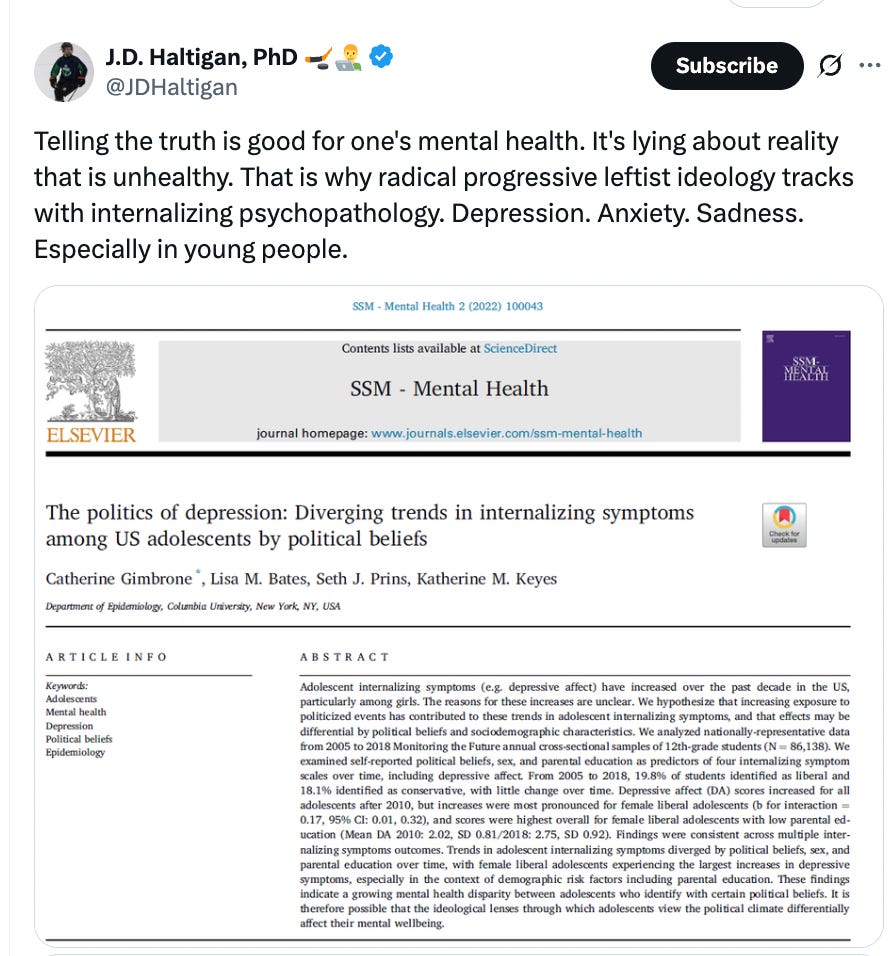The Performativity Crisis
Before we talk about this….
….let’s talk about Thomas Hart Benton and Andrew Jackson. The two men tried to kill each other, and came pretty close. For the rest of his life, Jackson carried the ball from Benton’s pistol in his body. If you’ve never read about their street brawl, which was predicated by talk of dueling but didn’t work like a duel at all, read an account here. There were pistols and daggers and a horsewhip, and Benton made a public show of breaking Jackson’s sword over his knee as Jackson’s friends hauled his bloodied and semiconscious body off the street.
Then, years later, when Jackson showed up in the Senate, where he was seated next to Benton, they shook hands and forged a productive political alliance. 1.) Savage street brawl, 2.) near-death gunshot wound, 3.) but anyway.
So.
JD Vance called Alex Padilla by the wrong name, and Padilla is a broken man. He’s in pain. Screenshot, and note that Jonathan Capehart asked Padilla how the emotional trauma of recent events had changed him as a person:
So, yeah. “Men, where have you gone?” We’re all wondering, but we may not mean the same thing by the question. All of this media performance of male agony and trauma from minor discomfort is an enormous break with American cultural norms, and I argue that the change they think they’re describing doesn’t live in the place where they think it lives. Here’s the thing in the New York Times, describing the symptoms of the “emotional vacancy” that has crippled American men in the 21st century:
The drift. The way many men had quietly withdrawn from intimacy and vulnerability. Not with violence or resistance, but with indifference.
They weren’t sitting across from someone on a Saturday night, trying to connect. They were scrolling. Dabbling. Disappearing behind firewalls, filters and curated personas….
We have moved into an era where many men no longer seek women to impress other men or to connect across difference. They perform elsewhere. Alone. They’ve filtered us out.
Rachel Drucker describes social space emptied of men, and female lives emptied of masculine engagement. Women gather; men are online, alone, scrolling. I should loudly mention here, because Drucker mostly doesn’t, that she works in academia and in Chicago. There’s no manliness in her social sphere, and so she’s pretty sure she’s describing America.
Because I’m nearing the end of a long road trip with a bunch of campgrounds in it, I can tell you, first of all, that there are men outdoors everywhere, with women and children, acting like husbands and fathers. It’s noticeable, and it feels like time travel. I’m not describing machismo; I’m describing normalcy, moms and dads and families. Personal to Rachel Drucker: Spend a week camping in Montana, then try again. The space you occupy matters. If there’s no masculine energy in the spaces you occupy, try a different one.
Our politics and our media, being entirely products of Blue Zone cultural norms, feature a bizarre foregrounding of what can only be called hysterical performativity, a made-for-media Frankenstein’s monster of ordinary womanhood. Outraged woundedness is currency. Being offended is high-status.
What this means in practice is that the recent wildfire-caused disappearance of Pacific Palisades and Altadena, two historically important Los Angeles neighborhoods (one in the city, one in the county) is forgettable and a thing we’ve moved beyond, but we’re extremely emotionally involved in the Jose Padilla thing. The functioning of the place, the health of the streets and neighborhoods and the lives within them, are a distraction from the shiniest daily object in the realm of status signaling. Misgendering is also good for this purpose. About 2,500 homeless people die in Los Angeles County every year; the mayor of Los Angeles is incandescent with rage over the fact that the vice-president got Alex Padilla’s name wrong. The deflection is the point of the performance. It’s professional-grade unreality, mined from the deepest deposits of narcissistic sociopathy.
And so we drove through downtown Spokane, on this trip, and arrived during the “No Kings” bullshit, and immediately upon exiting the highway found ourselves on a filthy street full of drugged-out human zombies, sleeping in garbage, while an enormous stream of unhealthy and depressing people (including a remarkable number of men in dresses) rolled by carrying signs about their refusal to tolerate meanness. Then we drove over to Coeur d’Alene, less than an hour later, where the streets were clean and full of healthy looking families. (Apparently there was also a “No Kings” protest in Coeur D’Alene, but it was smaller and we missed it.) Performativity and dysfunction; normalcy and…normalcy. Outrage outrage outrage / dirty streets and ruined lives.
Men aren’t hiding from intimacy; they’re hiding from performative Blue Zone hystericism and the culture of manufactured crisis. Look around. Even a very little time on the road makes it look like we’re living in two different countries. The one with the calm people is more fun, and less painful. It seems crushingly obvious that the people who are causing us so much harm are harming themselves even more.
My politics is that for crying out loud go stand next to a lake and drink a beer. Have a campfire. Mostly don’t be outraged. Peace and social order will follow, or are likely to, while the perpetual state of grievance also creates its own reality. This seems to be written on the landscape with great clarity, lately.




Adding that my advice for young men and women who are single and looking is GET OUTSIDE. Fit, strong, healthy, well-adapted people everywhere. Look for your future wife at a trailhead, I promise.
If there is a loss of masculinity in society it's because we've been beaten about the head by progressive psychopaths telling us all about toxic masculinity. Of course some men are going to retreat. That's a normal reaction to full on attack.